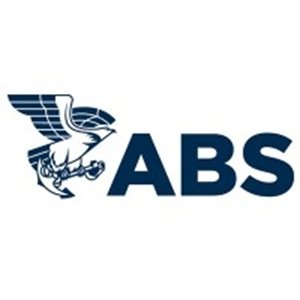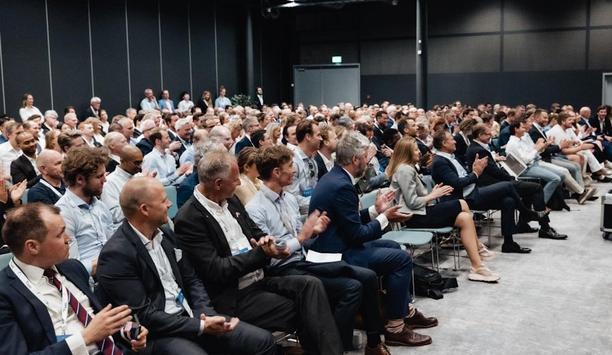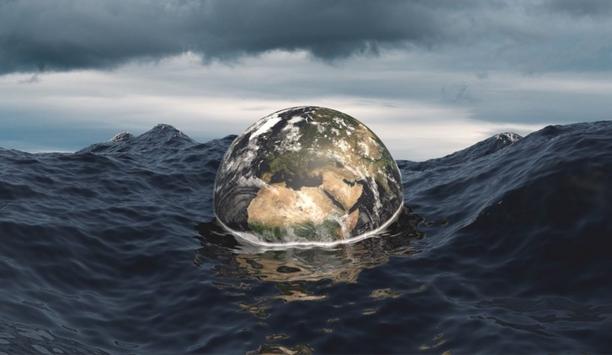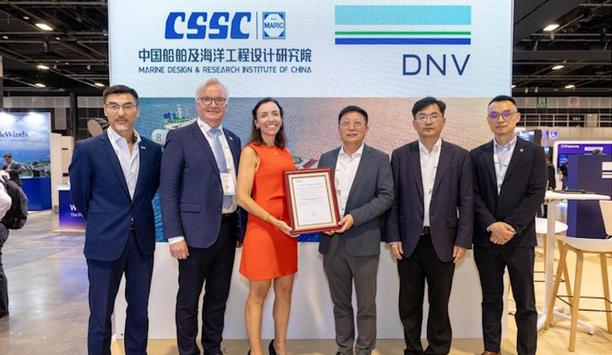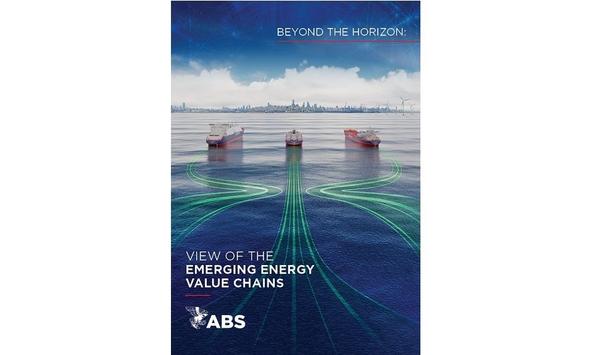“There is a significant amount of work to be done between now and 2050 if we hope to hit net zero on carbon emissions. But our research shows it can be done and maps out a pathway for the industry to get there. It connects the macro industry calculus for net zero by 2050 with the micro calculus reality of what is required at the ship level,” said Christopher J. Wiernicki.
Keynote address
That was the message for the industry from ABS Chairman and Chief Executive Officer Christopher J. Wiernicki, who delivered the opening address at the fourth annual ABS Sustainability Summit. He was followed at the event by Emanuele Grimaldi, President and Managing Director of Grimaldi Euromed SPA and Chairman of the International Chamber of Shipping, who gave the keynote address.
CEO Wiernicki delivered the opening address at the fourth annual ABS Sustainability Summit
Earlier the summit heard from Eamonn Beirne, Deputy Director, UK Shipping Office for Reducing Emissions (UK SHORE) at the Department for Transport (DfT). Julian Bray, Editor in Chief, Tradewinds, moderated a panel discussion comprised of representatives from the World Bank, the World Economic Forum, Oldendorff Carriers, and the Mediterranean Shipping Company (MSC Group).
Author's quote
“Simply put, for shipping’s CO2 emissions to reach net zero, we will need to harness the potential of energy efficiency improvement technologies to reduce aggregate fuel consumption by 15 percent on the existing fleet and newbuild vessels. At the same time, we will need carbon capture rolled out across much of the oil-burning fleet, reducing onboard CO2 emissions by 70 percent. Those that do not or cannot adopt carbon capture will need to switch to e-diesel or zero-carbon biofuels,” said Wiernicki.
Transportation of carbon, ammonia and hydrogen as cargo highlights the industry's significance
He adds, “It is clear that the maritime industry is more than a spectator in the global green energy revolution. Instead, it serves as a critical facilitator and enabler. The transportation of carbon, ammonia and hydrogen as cargo highlights the industry's significance in bridging the global energy landscape's gaps between production, storage and consumption. Our industry will have a pivotal role in delivering a more sustainable future for everyone.”
Assessment of the decarbonisation
Ahead of the summit, ABS published its annual assessment of the decarbonisation landscape, the 2023 Outlook, Beyond the Horizon: View of the Emerging Value Chains.
The report showcases the latest industry-pioneering research from ABS into shipping’s progress on the green energy transition and examines in depth the carbon, ammonia and hydrogen value chains.

